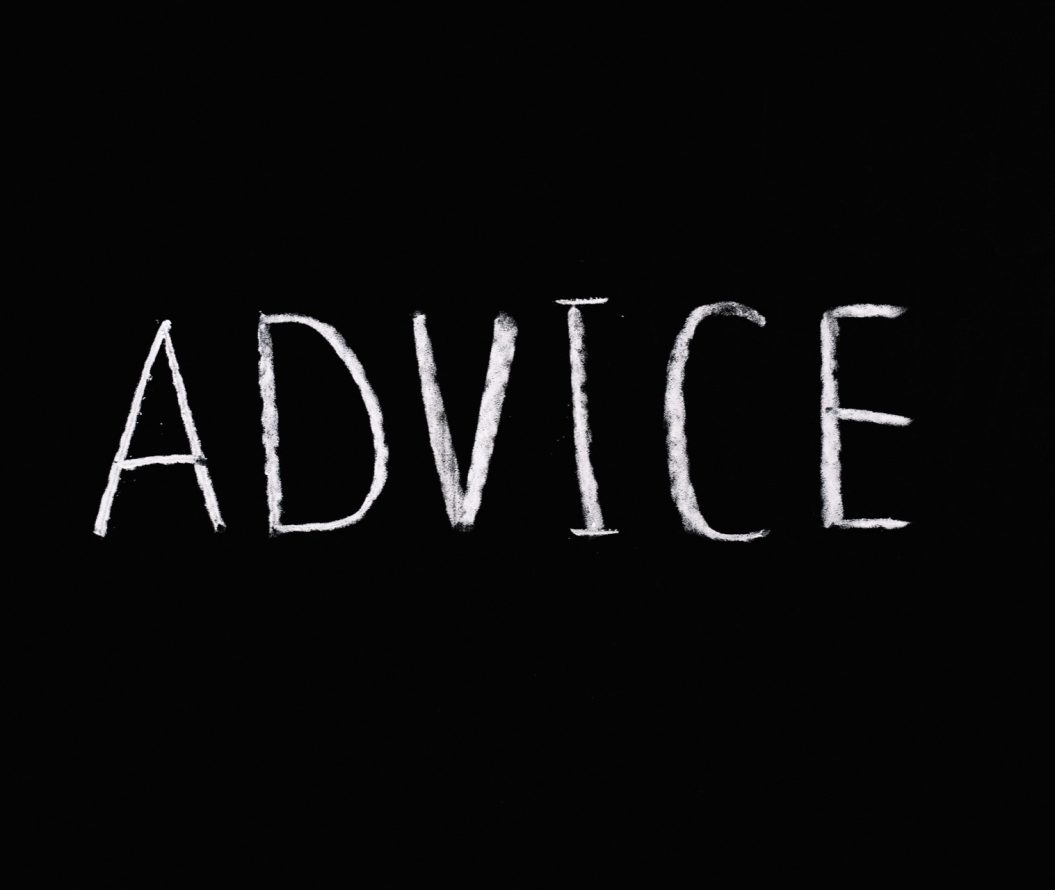I am an English student, originally from Birmingham, who loves blogging. You might also hear me on Siren radio or at a SingIt performance. In my spare time, I love travelling, reading and binge watching Netflix!

Coping with exam stress
December 15, 2018,
read.
This article is more than 3 years old
Exam season is upon us and, for many, that means stressful times are ahead. This post is all about ways to combat that stress and focus your energy into revision.
I’m not the best at coping with stress but over the years I’ve learnt a few do’s and don’ts when it comes to preparing for exams, and deadlines in general.
Be prepared, start early
The best thing you can do is give yourself enough time to prepare. Whether it’s a deadline or an exam, they all require some preparation and leaving it until last minute is only going to add to the pressure.
Find the right method
Make sure you find the revision method that suits you best. We all have different styles, some people are visual learners, and so might prefer colourful mind-maps, while others prefer to use listening devices, such as recording your notes and listening to them back. If you find the right way to learn, your revision will become that much easier.
Lay off the energy drinks
This sounds very preachy but as good as they are short term, they disrupt your sleep cycle and elevate your heart rate – two components that lead to anxiety and stress, which you don’t want in exam season.
Get a regular sleep cycle
On that note, sleeping regularly really does help. Insomnia is common around stressful times, particularly during exam season, but whatever sleep you can get is going to set you up for a day of revision. There are lots of herbal remedies that can help aid sleep if necessary.
Herbal remedies
Similarly, throughout the day there are herbal remedies such as Kalms or Rescue Remedy which can alleviate symptoms like a tight chest and breathlessness. Lavender oil aromatherapy is also great.
Time out
This might be the most important tip of them all. I’ve learnt that you have to know when to put down your pen, close your laptop and switch off your mind. An hour before bed is probably the best time for this, see family or friends, watch TV – whatever it takes to give your brain a break.
Mindfulness
This is a recent development that many people (including me) swear by. Therapists are now suggesting mindfulness, a form of meditation, as a way to destress. You may have seen ‘mindfulness colouring’ books and I would definitely recommend them. It helps you focus on the moment at hand and stops you from giving too much weight on things that are out of your control (like having to sit an exam.)
Talk to family/friends/Mind
Know when standard-uni-student-stress is becoming too much. Anxiety and depression often have roots in stress related scenarios, so talk to family, friends or the Student Wellbeing Centre if it’s getting a bit too much. Also, the Mind charity is brilliant for mental health advice. You can contact the Mind Infoline, 9am-6pm Monday to Friday on 0300 123 3393 or text 86463.
Put it into perspective
Finally, try not to ‘snowball’. Focus on the fact that, realistically, one exam is probably not going to decide the rest of your life – gain a little perspective and just focus on doing your best.
This article is featured on Learning at Lincoln.
Please note: This content was created prior to Coronavirus, and some things might be different due to current laws and restrictions. Please refer to the University of Lincoln for the latest information.



